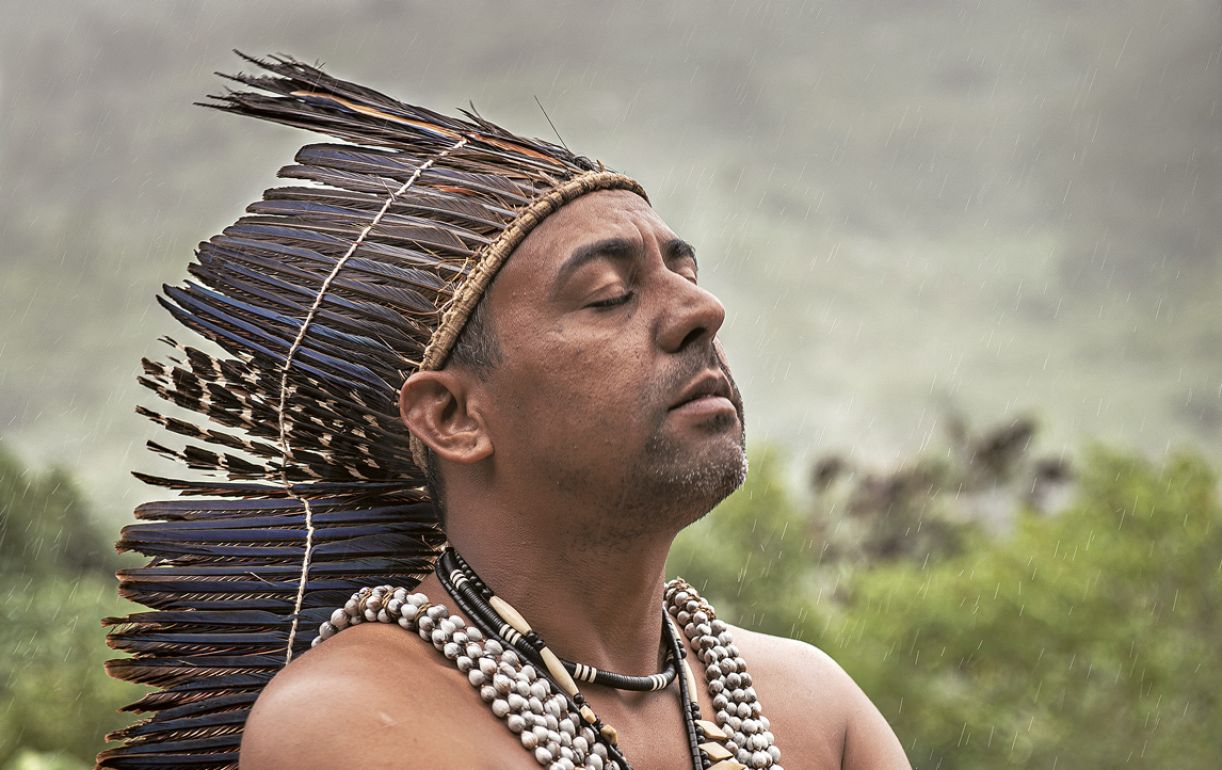RIO DE JANEIRO, BRAZIL – As of January 2021, ten Brazilian cities will be run by Mayors who declare themselves indigenous, according to a finding released by the TSE (Superior Electoral Court).
In the municipal elections held in 2016, six indigenous candidates were elected to command city halls.

Four indigenous Mayors were reelected. Among them is Isaac Piyãko (PSD – Social Democratic Party), who secured 4,521 votes (54 percent of the valid votes) to manage the city of Marshal Thaumaturgo in Acre.
Of the Ashaninka ethnic group, the Mayor said that he suffered racist attacks from his opponents, just as he did during the previous campaign.
“This time the attacks occurred early in the campaign and less often, but I will not let it pass. I will denounce these attacks to the courts,” he told UOL. “I was elected because I dedicated myself to running the city and the population recognized that”.
Risk of rejection
The number of cities administered by indigenous people could drop to nine if the Electoral Court maintains the decision to reject the candidacy of Cacique Marquinhos (Republicans), the current Mayor of the city of Pesqueira in Pernambuco, who is seeking reelection. He had his candidacy rejected by the TRE-PE (Pernambuco Regional Electoral Court) for having already been convicted in a criminal lawsuit against private property, but has appealed the decision.
From the Xukuru ethnic group, the Mayor won 17,654 votes (51.6 percent). After the votes were counted, Cacique Marquinhos celebrated with other members of his ethnicity on the streets of the city. Should the Electoral Court obstruct his second term, his opponent Maria José (DEM – Democrats) will take office. Declared mixed-race, she secured 15,562 (45.5 percent) of the valid votes.
This is the second municipal election in which the Electoral court asked the candidates to declare their color/race at the time of registration.
The TSE uses the same criteria as the IBGE (Brazilian Institute of Geography and Statistics), which asks about the color/race of the individual using five categories: white, black, mixed-race, Asian and indigenous.

